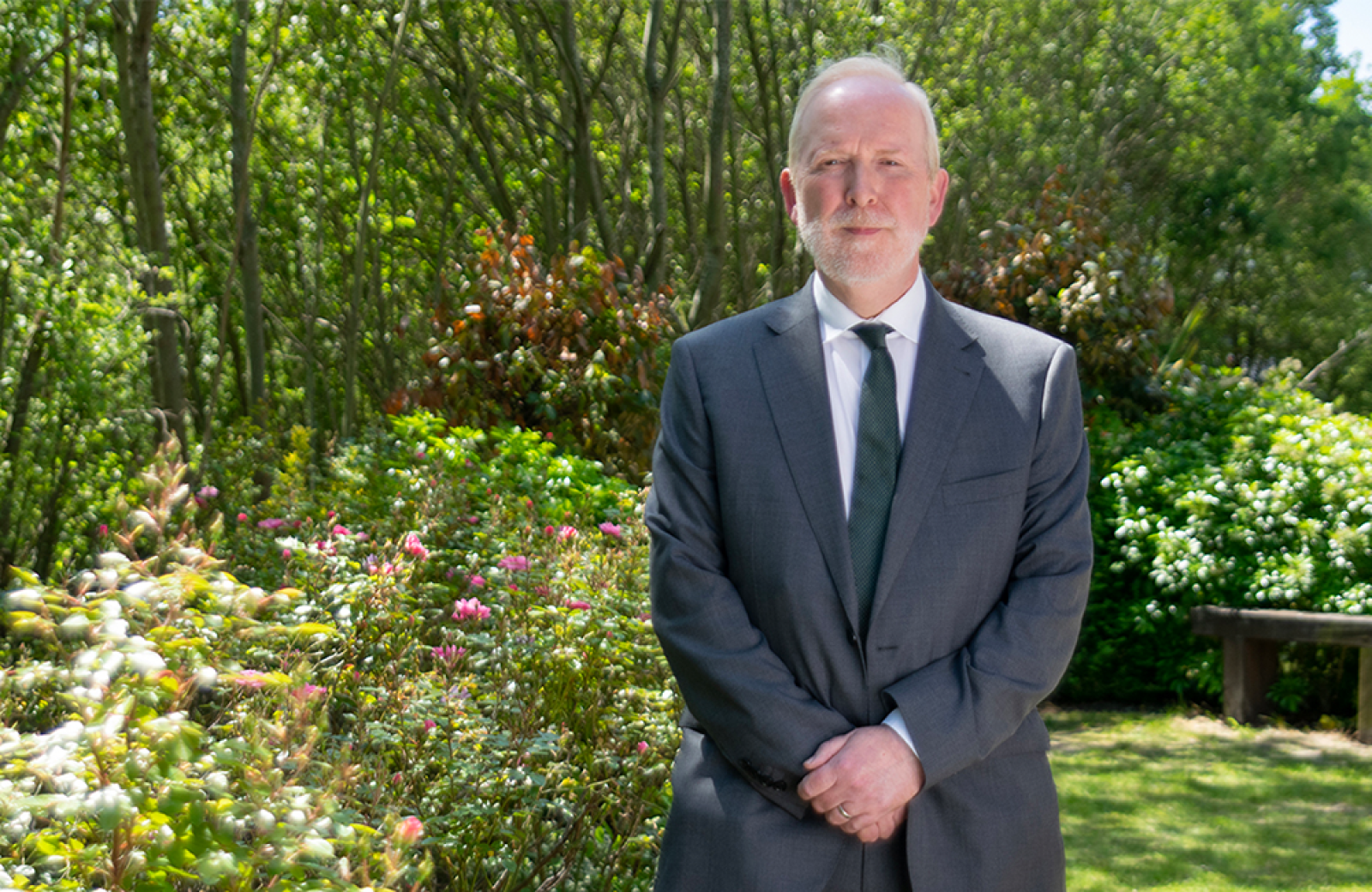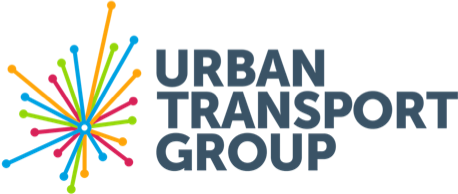The Bee Network’s buzz in Westminster

Just over a week before the launch of the first phase of bus franchising in Greater Manchester, the City Regions Transport All-Parliamentary Group heard from GM’s Transport Commissioner Vernon Everitt (pictured above) on the journey and ambitions of the Bee Network.
Whilst the first bright yellow buses have already been driving through Greater Manchester’s streets this year, 24 September saw a fleet of 50 new zero-emission buses take to the roads – as part of the first locally controlled bus service in nearly 40 years. This marked the start of the Bee Network, Greater Manchester’s plan for an integrated, ‘London-style’ transport network.
The man leading the change, Transport Commissioner Vernon Everitt, joined members of Parliament at a meeting of the City Regions Transport APPG to lay out how the integrated network will help grow the region’s economy and productivity, delivering new homes, jobs and inclusivity.
Buses are at the heart of GM’s plans for the network - although with the next phases of the network development set to integrate the locally owned and managed Metrolink network, active travel and, ultimately, local rail, this is set to be the biggest change to public transport in Great Britain for a generation. Vernon’s insight on the scale of ambition, the challenges faced throughout the region’s journey and the expected benefits from this major change made for a compelling discussion.
Currently, 2/3 of journeys in the region are made by car. Amongst the Bee Network’s key ambitions is to move this closer to a 50/50 split, growing bus patronage by 30% by 2030 and shifting one million journeys to active travel every day. This presents Vernon and his team with one of their biggest challenges – how to incentive passengers to use public transport after a decade of declining patronage and service reliability. Addressing this challenge is what underpins the establishment of the Bee Network – rebuilding trust and commuter confidence in reliable, affordable, accessible and safe services, which will organically drive patronage. From new, accessible and state of the art fleets, to a cheaper and integrated fare system, a recognisable brand and integrated planning and operation of the network – Manchester certainly has the ambition and strategy to deliver this. Whilst Vernon was clear that the level of change planned for Manchester’s transport networks won’t happen overnight, the major changes are already set to deliver more reliable and integrated services this year.
Assuming control and responsibility for the network comes with a significant financial risk. The transition alone is estimated to cost £124m, which includes zero emission vehicle purchase and depot upgrades. GM’s City Region Sustainable Transport Settlement (CRSTS) capital pot is also set to deliver bus priority measures and active travel interventions over the next five years, with the next tranche of the settlement continuing investment in the network development.
Despite the considerable financial risk, Vernon was clear that franchising not only makes financial sense for Manchester, but it could even prove to be the cheaper option for sustaining crucial services. As with so many transport authorities up and down the country, GM has had to step in to prop up failing commercial operators over the last few years. With early evidence suggesting that franchising arrangements could prove to be cheaper than the current emergency response, the key question for Manchester came down to – ‘can we afford not to franchise?’
Bus networks across the country have been decimated after a decade of cuts, with local authority financial support for bus services falling by 38% between 2010 and 2019. The sustained fall in funding and patronage was then followed by the major pandemic disruptions and piece meal emergency funding pots, which have struggled to save services. It is estimated that over 6,000 bus services have been lost since 2010. The scale of change and ambition of the Bee Network underlines the fact that this national decline cannot be stopped by tinkering around the edges. In order to save services that millions depend on and create an integrated sustainable transport network fit for the future, we need ambition, joined up planning and long term funding.
Other transport authorities and Parliamentarians will be closely watching to see how the ambitious Bee Network plans and particularly bus franchising unfold. A great deal can, however, already be learned from the Greater Manchester experience. Many of these lessons have been captured in the UTG and LGA co-authored report A Smoother Ride - Reviewing the Bus Services Act 2017 to empower local areas. To truly transform bus services for the benefit of our communities, the economy and future of transport, we must learn from Manchester’s journey and review current outdated legislation and the disparate and insufficient funding pots and subsidies – both issues which are keeping transport authorities from protecting vital bus routes and reinvesting in local networks.
Monta Drozdova is Policy and Research Advisor at the Urban Transport Group

